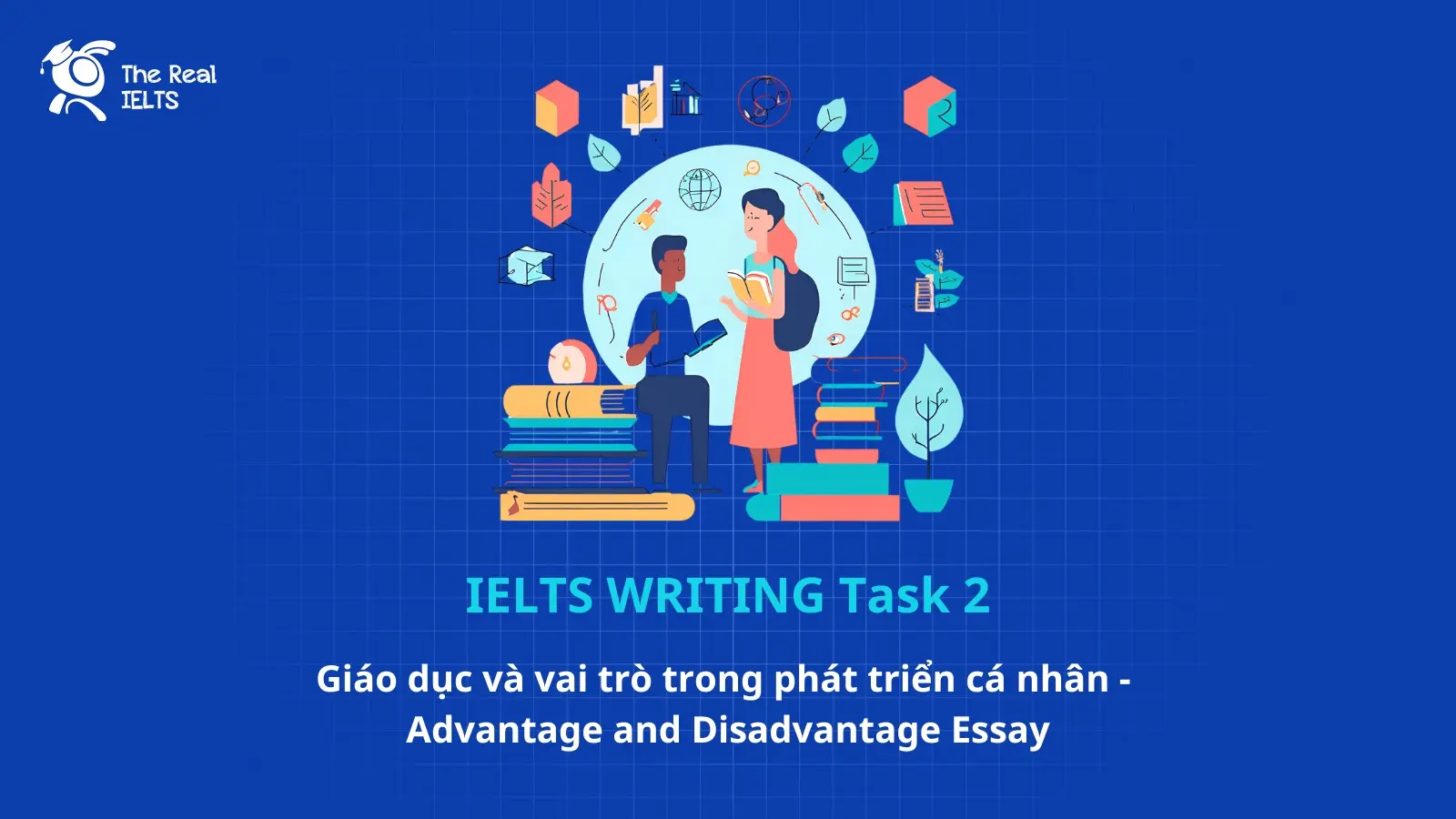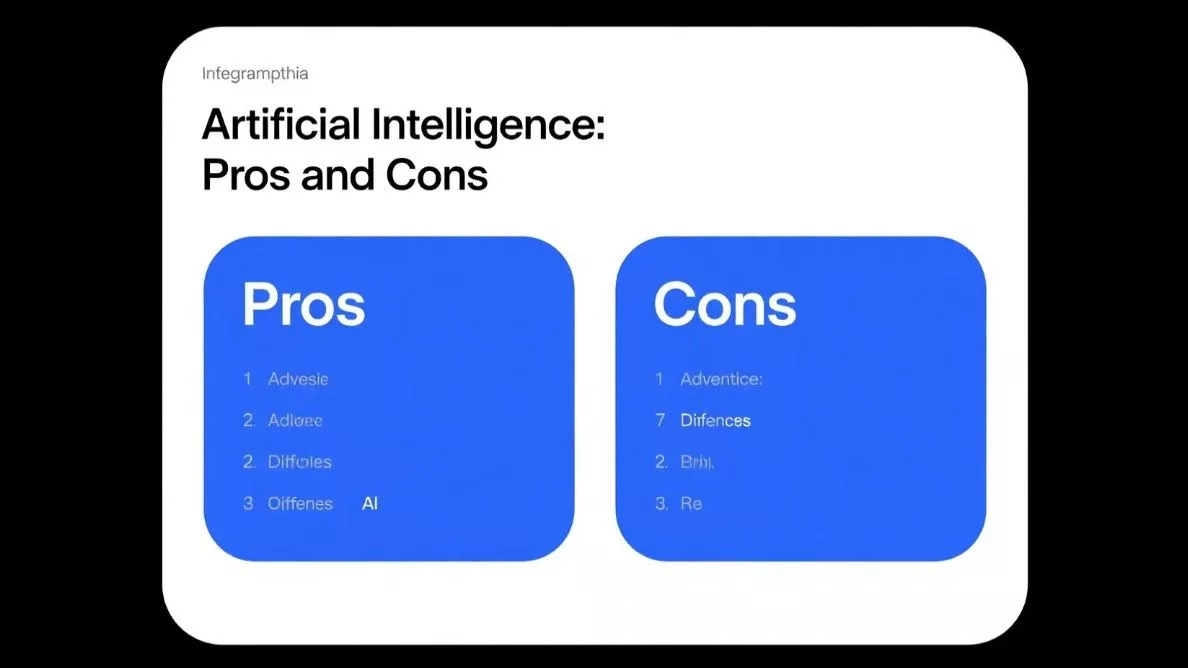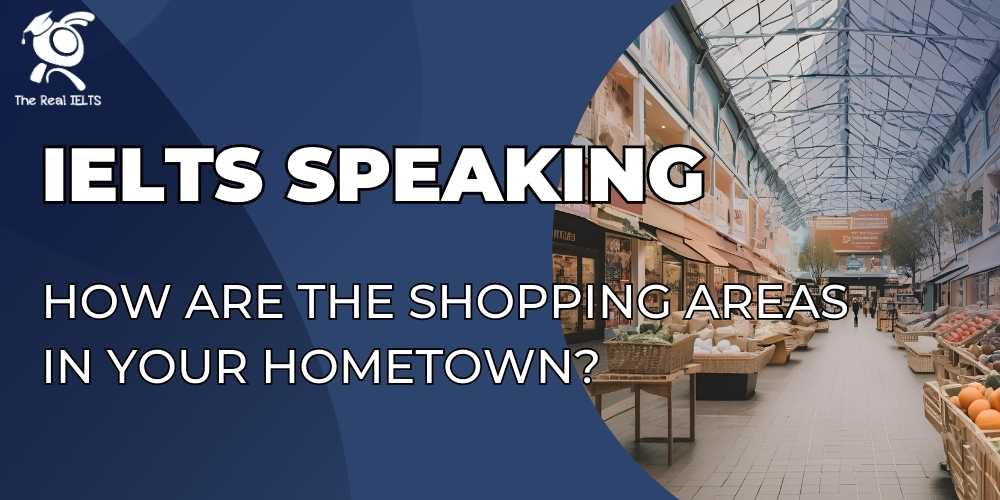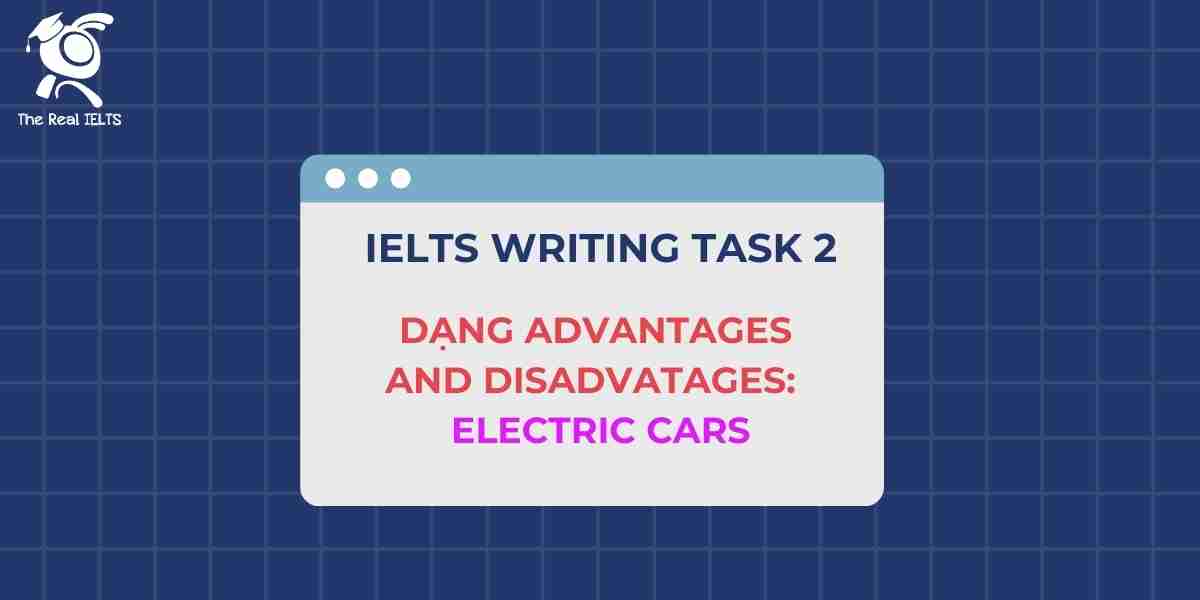IELTS Writing Task 2 yêu cầu thí sinh phân tích cả lợi ích và hạn chế của một vấn đề. Giáo dục đóng vai trò quan trọng trong sự phát triển cá nhân, giúp nâng cao kiến thức và kỹ năng. Tuy nhiên, một số người cho rằng hệ thống giáo dục hiện nay vẫn tồn tại những hạn chế nhất định.
Đọc thêm: IELTS Writing Task 2: Giáo dục và vai trò trong phát triển cá nhân – Discussion Essay
Đề bài IELTS Writing Task 2: Giáo dục và vai trò trong phát triển cá nhân – Advantage and Disadvantage Essay
Câu trả lời 1
Education is often viewed as a fundamental tool for personal development, providing individuals with knowledge, skills, and opportunities for growth. However, while formal education has many advantages, it also comes with certain limitations. This essay will explore both the benefits and drawbacks of relying on formal education for self-improvement.
Advantages of Formal Education
One of the primary advantages of formal education is that it provides structured learning and specialized knowledge. Schools and universities offer a well-organized curriculum that helps individuals acquire critical thinking, problem-solving, and analytical skills, which are essential for both personal and professional success. Moreover, education opens doors to better career opportunities, as most employers prefer candidates with academic qualifications.
Another benefit is that formal education fosters discipline and perseverance. Students must meet deadlines, complete assignments, and engage in rigorous study, all of which help develop a strong work ethic. Additionally, educational institutions offer a social environment where individuals can build networks, share ideas, and develop interpersonal skills, contributing to personal growth.
Disadvantages of Formal Education
Despite its advantages, relying solely on formal education for self-improvement has certain drawbacks. One major issue is that traditional education often focuses more on theoretical knowledge than practical skills. Many graduates struggle to apply what they have learned in real-life situations, leading to a gap between academic learning and practical experience.
Additionally, formal education can be costly and time-consuming. University tuition fees are high, and many students take on significant debt without a guaranteed return on investment. Furthermore, formal education does not always account for individual learning styles. Some people thrive in hands-on environments or through self-directed learning rather than traditional classroom settings.
Conclusion
In conclusion, formal education offers numerous benefits, including structured learning, career opportunities, and personal discipline. However, it also has limitations, such as high costs and a lack of practical application. Therefore, while formal education is valuable, it should be complemented by real-world experiences and self-learning for a well-rounded approach to personal development.
Câu trả lời 2
Formal education is widely regarded as a crucial factor in personal development, as it provides knowledge, skills, and opportunities for self-improvement. However, relying solely on formal education also has its limitations. This essay will discuss the advantages and disadvantages of depending on formal education for personal growth.
Advantages of Formal Education for Self-Improvement
- Knowledge and Skill Development
Formal education equips individuals with essential knowledge in various fields, helping them develop analytical thinking, problem-solving abilities, and technical expertise. These skills are crucial for career success and informed decision-making in everyday life. - Career Opportunities and Financial Stability
Education provides recognized qualifications that increase job prospects and earning potential. Many professions, such as medicine, engineering, and law, require formal education to ensure competence and professionalism. - Personal Growth and Discipline
Attending school or university teaches important life skills such as time management, teamwork, and perseverance. It also instills discipline, responsibility, and a structured approach to problem-solving, all of which contribute to personal development. - Exposure to New Ideas and Perspectives
Education introduces individuals to diverse cultures, ideologies, and innovations, broadening their perspectives and helping them become more open-minded. This exposure fosters creativity and the ability to think critically about social and global issues.
Disadvantages of Relying on Formal Education for Self-Improvement
- Lack of Practical Experience
While education provides theoretical knowledge, it often lacks real-world applications. Many graduates struggle to adapt to the workplace due to limited hands-on experience. Life skills such as adaptability, emotional intelligence, and resilience are often developed outside the classroom. - High Costs and Accessibility Issues
Formal education can be expensive, making it inaccessible to many people. Tuition fees, student loans, and other costs can create financial burdens, limiting opportunities for those from disadvantaged backgrounds. - Standardized Learning and Creativity Limitations
Traditional education systems often focus on standardized testing and rigid curricula, which can discourage creativity and independent thinking. Some individuals may thrive better in flexible learning environments where they can explore their interests in a more personalized way. - Not a Guarantee of Success
While education improves career prospects, it does not guarantee success. Many successful individuals, such as entrepreneurs and artists, have achieved personal growth and success through practical experience, self-learning, and mentorship rather than formal education.
Conclusion
Formal education plays a vital role in personal development by providing knowledge, skills, and opportunities for self-improvement. However, it has limitations, such as a lack of practical experience, high costs, and standardized learning methods. Therefore, while education is important, it should be complemented by real-world experiences, self-learning, and social interactions to ensure holistic personal growth.
Câu trả lời 3
Formal education undoubtedly plays a significant role in personal development, offering structured learning and access to a wealth of knowledge. However, relying solely on it for self-improvement has both advantages and disadvantages.
Advantages:
- Structured Learning: Formal education provides a structured curriculum, guiding learners through progressively complex concepts and skills. This structured approach can be particularly beneficial for acquiring foundational knowledge in various disciplines.
- Expert Guidance: Learners have access to expert instructors who can provide guidance, feedback, and mentorship. This personalized support can accelerate the learning process and help individuals overcome challenges.
- Credibility and Recognition: Formal qualifications, such as diplomas and degrees, are widely recognized and often serve as prerequisites for certain career paths. These credentials can enhance employability and open doors to opportunities.
- Access to Resources: Educational institutions offer access to libraries, laboratories, research materials, and other valuable resources that can facilitate learning and personal growth.
- Socialization and Networking: Formal education provides opportunities for social interaction and networking with peers and mentors, which can contribute to personal and professional development.
- Development of Transferable Skills: Education fosters the development of transferable skills such as critical thinking, problem-solving, communication, and research skills, which are valuable in various aspects of life.
Disadvantages:
- Limited Scope: Formal education often focuses on specific disciplines and may not address the broader aspects of personal development, such as emotional intelligence, interpersonal skills, or self-awareness.
- Standardized Approach: The standardized nature of formal education may not cater to individual learning styles and paces, potentially leaving some learners behind.
- Cost and Accessibility: Formal education can be expensive and inaccessible to many individuals, creating barriers to personal growth and perpetuating inequalities.
- Emphasis on Theoretical Knowledge: Formal education sometimes prioritizes theoretical knowledge over practical application, leading to a disconnect between learning and real-world experience.
- Lack of Flexibility: The rigid structure of formal education may not accommodate the changing needs and interests of individuals, hindering their ability to pursue their passions and explore diverse areas of knowledge.
- Potential for Pressure and Competition: The emphasis on grades and assessments in formal education can create a stressful and competitive environment that may negatively impact some learners’ well-being.
Conclusion:
Formal education offers numerous benefits for personal development, providing structured learning, expert guidance, and access to valuable resources. However, relying solely on formal education for self-improvement can be limiting. A more holistic approach to personal development involves integrating formal education with real-world experiences, self-directed learning, social interactions, and personal reflection. By embracing a diverse range of learning opportunities, individuals can cultivate a more well-rounded and fulfilling path towards self-improvement.
Câu trả lời 4
Education is widely regarded as a crucial factor in personal development, providing individuals with knowledge, skills, and opportunities for growth. However, relying solely on formal education for self-improvement has both benefits and drawbacks. This essay will explore the advantages and disadvantages of formal education in personal development.
Advantages of Formal Education for Self-Improvement
- Structured Learning and Knowledge Acquisition
Formal education provides a well-organized curriculum designed to impart essential knowledge and skills. It ensures individuals gain expertise in various subjects, from mathematics and science to humanities and social sciences. - Career Opportunities and Financial Stability
Higher education qualifications often lead to better job opportunities, career advancement, and financial security. A well-educated individual is more likely to secure stable employment and achieve professional growth. - Development of Critical Thinking and Problem-Solving Skills
Education encourages analytical thinking, creativity, and problem-solving abilities. These skills help individuals make informed decisions, adapt to challenges, and approach situations logically. - Personal Confidence and Social Development
Being educated enhances self-confidence, communication skills, and the ability to interact effectively with others. Educational institutions also provide opportunities for networking and collaboration, helping individuals build valuable relationships. - Exposure to New Ideas and Perspectives
Education broadens an individual’s outlook by exposing them to diverse ideas, cultures, and viewpoints. This fosters open-mindedness, tolerance, and the ability to engage with different perspectives.
Disadvantages of Relying on Formal Education for Self-Improvement
- Lack of Practical Experience
While education provides theoretical knowledge, it often lacks real-world application. Many skills necessary for personal development—such as emotional intelligence, leadership, and resilience—are acquired through life experiences rather than classroom learning. - High Costs and Accessibility Issues
Formal education can be expensive, making it inaccessible to many people. Tuition fees, study materials, and other costs can create financial burdens, limiting opportunities for self-improvement. - Overemphasis on Academic Success
Traditional education systems often prioritize grades and certifications over creativity and practical skills. This can lead to stress, reduced motivation, and a narrow definition of success. - Limited Focus on Emotional and Social Intelligence
Formal education primarily focuses on intellectual growth but often neglects emotional intelligence, self-awareness, and interpersonal skills, which are crucial for personal and professional success. - Dependence on External Structures
Relying solely on formal education for self-improvement may create a dependency on structured learning environments. Individuals may struggle with self-directed learning and adapting to situations outside academic settings.
Conclusion
While formal education offers numerous benefits, including knowledge acquisition, career advancement, and critical thinking, it has limitations such as high costs, lack of practical experience, and an overemphasis on academic achievement. For well-rounded self-improvement, individuals should combine formal education with real-world experiences, lifelong learning, and social interactions to develop both intellectual and practical skills.
Câu trả lời 5
Formal education undoubtedly plays a significant role in personal development, but relying solely on it for self-improvement has both advantages and disadvantages.
Advantages:
- Structured Learning: Formal education provides a structured curriculum and learning environment, guiding individuals through a progressive acquisition of knowledge and skills. This structured approach can be particularly beneficial for developing foundational knowledge in specific fields.
- Credentialing and Recognition: Formal qualifications, such as degrees and diplomas, are widely recognized and often required for certain career paths. These credentials can enhance employability and open doors to further opportunities.
- Expert Instruction: Formal education provides access to expert instructors who can offer guidance, feedback, and mentorship. This can accelerate the learning process and provide valuable insights.
- Access to Resources: Educational institutions offer access to a wealth of resources, including libraries, research materials, technology, and networking opportunities, which can support personal and professional growth.
- Social and Intellectual Stimulation: The formal education environment fosters interaction with peers and instructors, promoting intellectual discourse and the exchange of ideas. This can broaden perspectives and stimulate intellectual growth.
- Discipline and Time Management Skills: Navigating the demands of formal education cultivates discipline, time management skills, and the ability to meet deadlines, all of which are valuable life skills.
Disadvantages:
- Cost and Accessibility: Formal education can be expensive and inaccessible to many individuals, creating disparities in opportunities for personal development.
- Limited Scope: Formal education often focuses on specific disciplines and may not address the broader aspects of personal development, such as emotional intelligence, interpersonal skills, or self-awareness.
- Standardized Curriculum: The standardized nature of some formal education systems may not cater to individual learning styles or address the unique needs and interests of every learner. This can lead to disengagement and a lack of motivation.
- Emphasis on External Validation: The focus on grades and assessments in formal education can sometimes prioritize external validation over intrinsic motivation and a genuine love of learning.
- Theoretical vs. Practical: Formal education can sometimes be overly theoretical, lacking practical application and real-world experience, which are essential for personal growth.
- Lack of Flexibility: The rigid structure and scheduling of formal education can be challenging for individuals with other commitments, such as work or family responsibilities.
Conclusion:
Formal education offers valuable benefits for personal development, particularly in terms of structured learning, credentialing, and access to resources. However, relying solely on it can be limiting. A balanced approach that combines formal education with self-directed learning, real-world experiences, and social interactions is often more effective for fostering holistic personal growth. Recognizing the limitations of formal education and actively seeking diverse learning opportunities can lead to a more well-rounded and fulfilling journey of self-improvement.
Câu trả lời 6
Formal education is widely regarded as a key factor in personal development, providing individuals with structured learning, critical thinking skills, and career opportunities. However, relying solely on formal education for self-improvement has both advantages and disadvantages.
Advantages of Formal Education for Self-Improvement
One of the main benefits of formal education is that it provides individuals with essential knowledge and skills. Schools and universities offer structured curricula that help students develop problem-solving abilities, critical thinking, and subject-specific expertise. These skills are crucial for both professional and personal growth.
Additionally, formal education enhances career prospects by offering recognized qualifications that improve job opportunities and earning potential. A strong educational background can lead to financial stability, which contributes to overall self-improvement and quality of life.
Moreover, formal education promotes personal discipline and lifelong learning habits. Through academic challenges, students develop perseverance, time management, and the ability to work independently, all of which are valuable for personal growth.
Disadvantages of Relying on Formal Education for Self-Improvement
Despite its benefits, formal education has limitations. One major drawback is that it often focuses on theoretical knowledge rather than practical skills. Many graduates struggle to apply what they have learned in real-life situations, leading to a gap between academic learning and real-world demands.
Another disadvantage is that formal education can be expensive and time-consuming. High tuition fees and long study periods can be barriers for individuals seeking self-improvement, particularly those who may benefit more from hands-on experience or alternative learning methods.
Furthermore, formal education does not always foster creativity and emotional intelligence. Many essential life skills, such as adaptability, interpersonal communication, and resilience, are better developed through real-world experiences and social interactions rather than in a classroom setting.
Conclusion
While formal education plays a significant role in self-improvement by providing knowledge, discipline, and career opportunities, it should not be the sole means of personal development. Practical experience, social interactions, and self-directed learning are equally important in shaping well-rounded individuals. Therefore, a balanced approach that combines formal education with real-world experiences is the most effective way to achieve meaningful self-improvement.
Câu trả lời 7
Education is often viewed as a crucial tool for personal development, as it equips individuals with knowledge, skills, and opportunities for growth. However, relying solely on formal education for self-improvement has both benefits and drawbacks. This essay will discuss the advantages and disadvantages of depending on structured education for personal growth.
One major advantage of formal education is that it provides individuals with a structured learning environment. Schools and universities offer systematic curricula that help students develop critical thinking, problem-solving abilities, and specialized knowledge. This structured approach ensures that individuals gain a well-rounded education, preparing them for future careers and personal growth. Additionally, formal education enhances discipline, perseverance, and responsibility, which are essential life skills.
Another benefit is that education opens doors to better career opportunities. Many professions require formal qualifications, and having a degree or certification can significantly improve job prospects. Higher education also enables individuals to build networks, interact with experts, and gain insights from experienced professionals, all of which contribute to personal and professional development.
However, relying solely on formal education has its disadvantages. One significant drawback is that it often focuses more on theoretical knowledge rather than practical experience. While students may excel academically, they may lack the real-world skills needed to navigate challenges outside the classroom. For example, many graduates struggle with financial management, communication, and adaptability, which are crucial for personal development.
Another disadvantage is that formal education can be costly and time-consuming. Pursuing higher education requires a substantial financial investment, which may not always guarantee success. Moreover, some people thrive through hands-on learning rather than structured classroom instruction. Entrepreneurs, artists, and self-taught professionals often achieve great personal growth without relying on formal education.
In conclusion, while formal education provides valuable knowledge and skills, it also has limitations, such as a lack of practical experience and high costs. To achieve well-rounded personal development, individuals should balance formal education with real-world experiences and self-directed learning.
Câu trả lời 8
Education is widely regarded as a crucial element of personal development, offering individuals the knowledge and skills necessary for intellectual and professional growth. However, relying solely on formal education for self-improvement has both advantages and disadvantages. This essay will explore both sides of the argument.
One of the primary advantages of formal education is that it provides a structured and comprehensive learning environment. Schools and universities offer a well-organized curriculum that equips students with foundational knowledge across various subjects, such as mathematics, science, and literature. This broad base of knowledge helps individuals develop critical thinking, problem-solving abilities, and analytical skills. Furthermore, formal education often leads to qualifications and certifications that open doors to better career opportunities, contributing to financial stability and increased self-confidence.
Another significant benefit of formal education is the development of essential life skills. Through academic activities, students learn time management, discipline, and effective communication. Group projects and classroom discussions also encourage teamwork and collaboration, which are valuable in both personal and professional settings. Additionally, exposure to diverse ideas and perspectives in an educational environment can foster open-mindedness and cultural awareness.
However, relying solely on formal education for self-improvement has its drawbacks. One major limitation is that formal education often focuses on theoretical knowledge, which may not always translate to practical skills needed in real-life situations. Many educational systems emphasize memorization and standardized testing, leaving little room for creativity and critical thinking beyond the classroom context. As a result, individuals may struggle to apply their knowledge effectively in dynamic, real-world scenarios.
Moreover, formal education may not address the emotional and social aspects of personal development. Life experiences, such as traveling, facing challenges, or building relationships, play a crucial role in shaping an individual’s resilience, adaptability, and emotional intelligence—qualities that are not always cultivated in academic settings. Overreliance on formal education might limit opportunities for personal growth through these real-world experiences.
In conclusion, while formal education offers numerous advantages, such as structured learning, skill development, and better career prospects, it also has limitations, particularly in fostering practical skills and emotional growth. Therefore, for well-rounded personal development, it is important to balance formal education with real-life experiences and social interactions.















